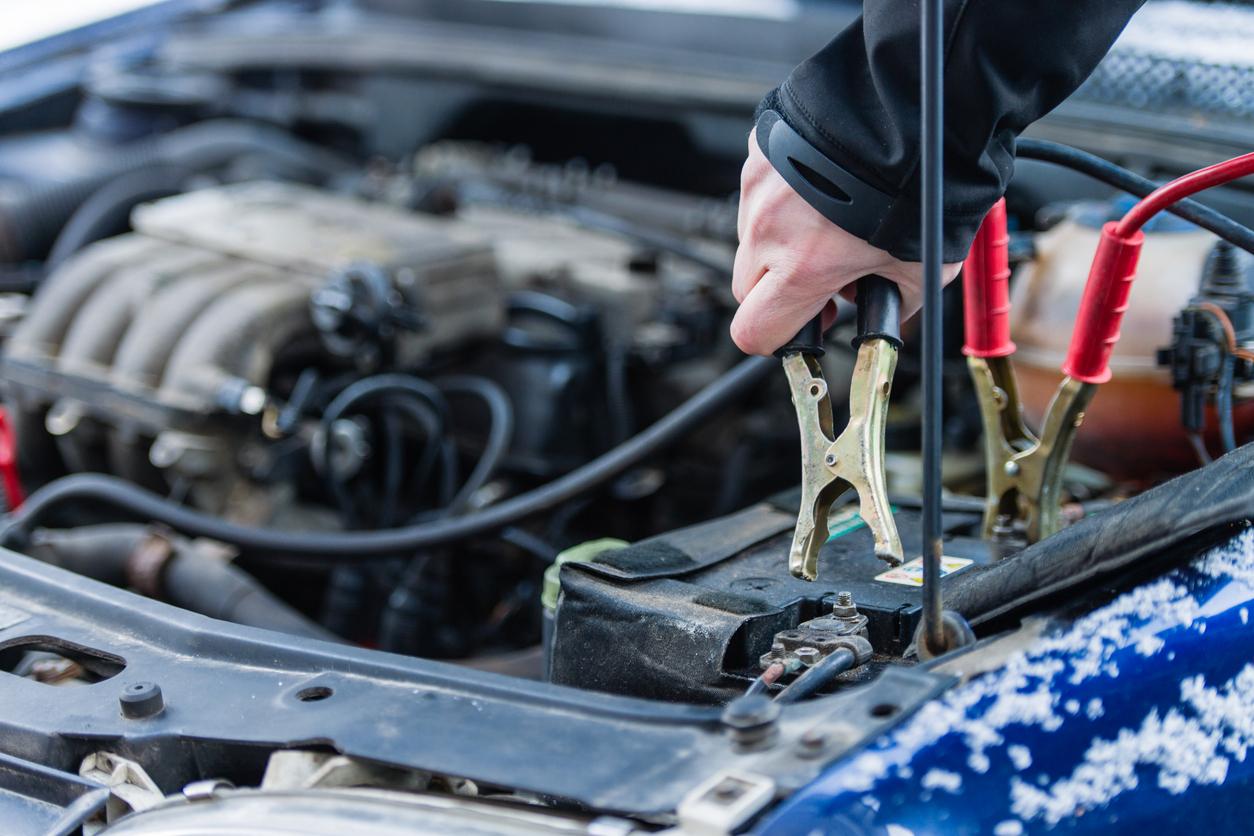As temperatures drop, many drivers struggle to start their cars on freezing mornings. Winter months can weaken car batteries, reducing their power and making it harder for the engine to start. Even if your car won't start in the cold but the battery is good, other factors may be at play. Knowing how cold affects your battery and how to protect it can help ensure your car starts reliably all winter.

How Cold Weather Affects Car Batteries
Cold temperatures slow the chemical reactions in your battery, making it harder to produce enough power to start your engine. Here’s what happens when winter weather strikes:
- Reduced Battery Power: At 32°F, a car battery loses about 20% of its power, and at 0°F, it can lose up to half its power. If your battery is already weak, this can leave you stranded.
- Thicker Engine Oil: Cold weather makes engine oil thicker, requiring more power from the battery to crank the engine.
- Slower Chemical Reactions: Car batteries create electricity through a chemical reaction, but cold weather slows it down and makes them less efficient.
- Increased Power Demand: In winter, heaters, defrosters, and heated seats use more power, making the battery drain faster.
Even if your battery isn’t failing, extreme cold can make it harder to start your car, especially if the battery is old or not fully charged.
How to Prevent Cold Weather Battery Issues
To avoid winter car troubles, take a few steps to protect your battery:
1. Check Your Battery’s Health
- Before winter hits, have your battery tested at an auto shop or with a battery tester at home. If it’s older than three years, consider replacing it.
2. Park in a Warmer Location
- Whenever possible, park in a garage or near a building to shield your car from extreme cold. This can help keep the battery slightly warmer.
3. Use a Battery Blanket or Warmer
- A battery warmer keeps the battery from getting too cold, making it easier to start your car in freezing weather.
4. Limit Electrical Use Before Starting
- Turn off accessories like the heater, radio, and headlights before starting the car to reduce strain on the battery.
5. Keep the Battery Terminals Clean
- Corrosion on battery terminals can make it harder for power to flow. Check and clean the terminals regularly with a wire brush and baking soda solution.
6. Drive Longer Distances
- Short trips don’t allow your battery to recharge fully. Try to drive your car for at least 15–20 minutes regularly to keep the battery charged.
7. Keep Jumper Cables or a Jump Starter Handy
- If your battery struggles in the cold, having jumper cables or a portable jump starter can get you back on the road quickly.
Stay Prepared for Winter Driving
Cold weather can stress your car, but good battery care helps prevent breakdowns on freezing mornings. If your car won’t start in the cold but the battery is fine, thick oil or electrical problems could be the cause. Checking your battery, parking wisely, and doing simple maintenance can help your car start smoothly, even in freezing weather.
For more winter car care tips or battery replacement options, visit Hawk Mazda. Stay ahead of the cold and drive with confidence this winter!